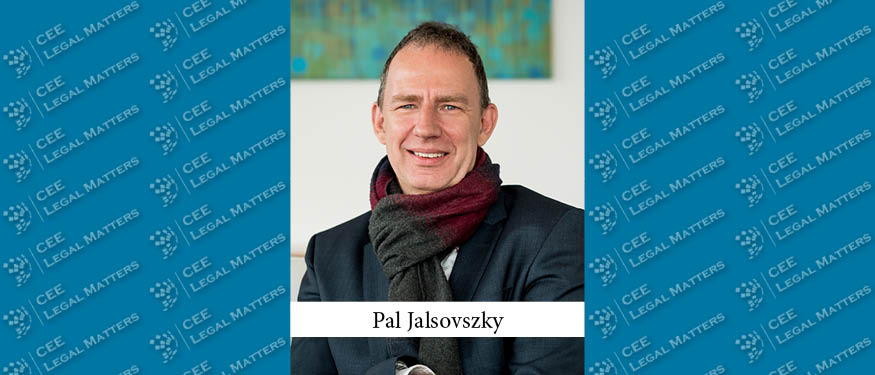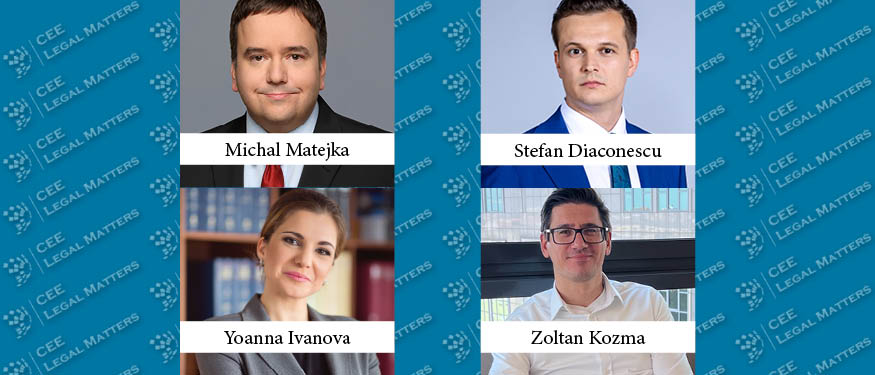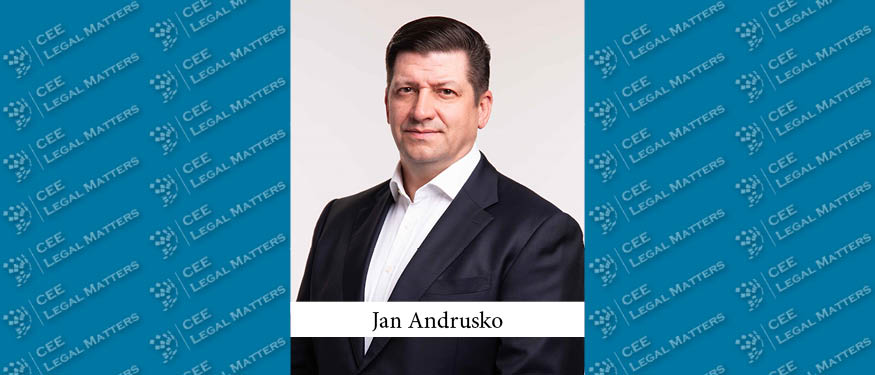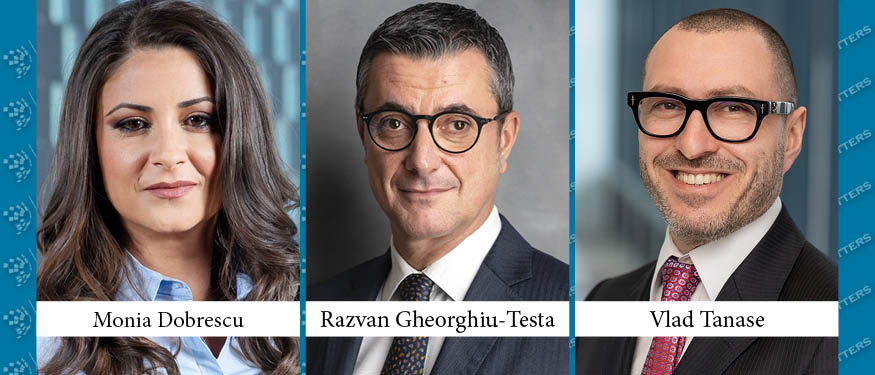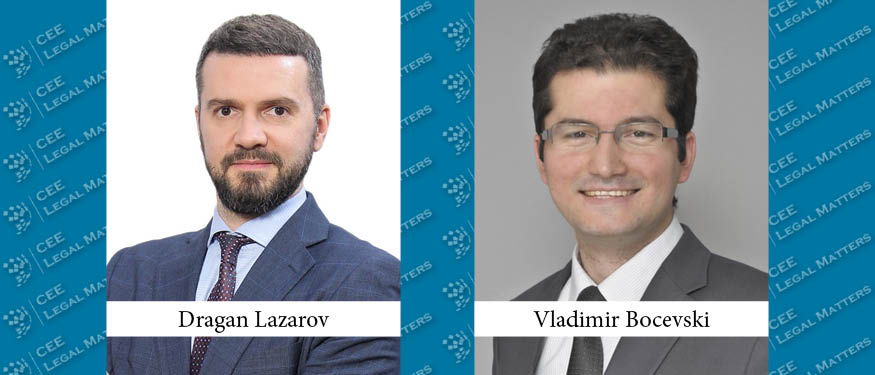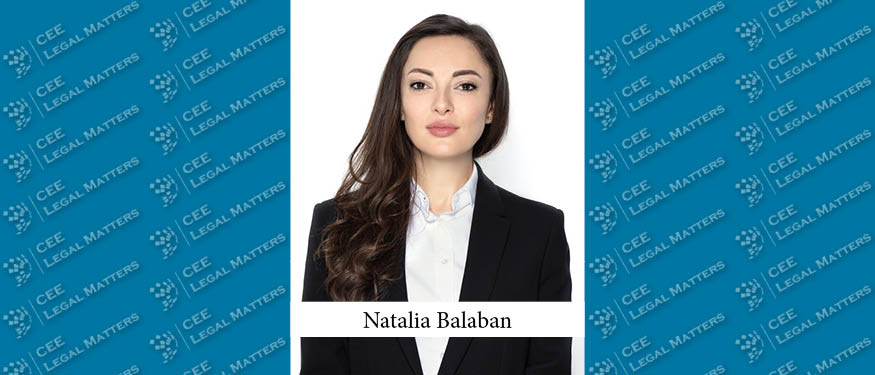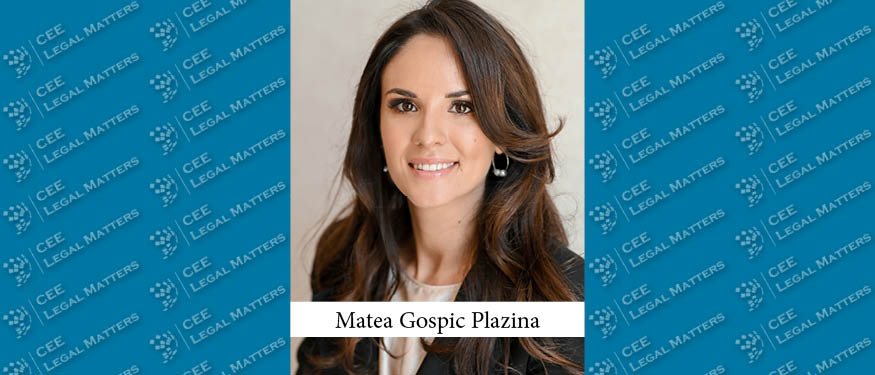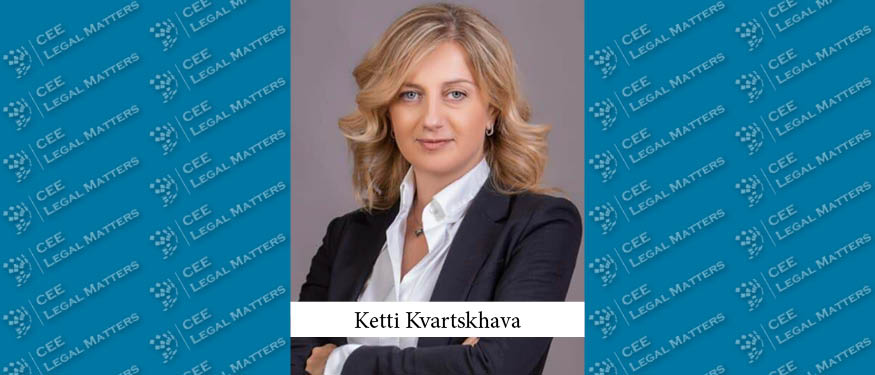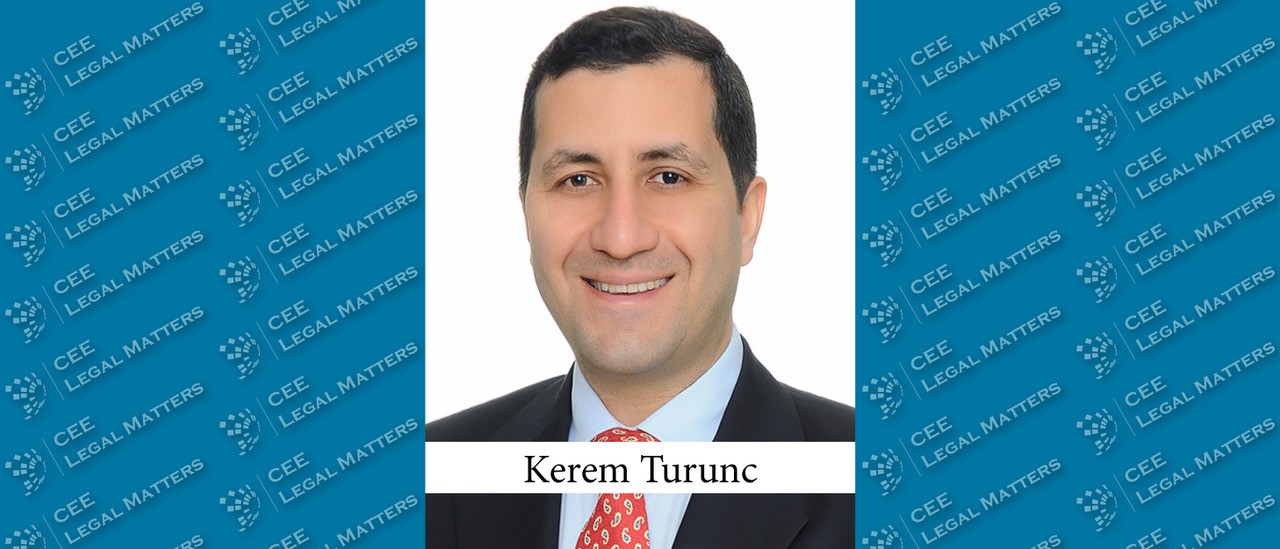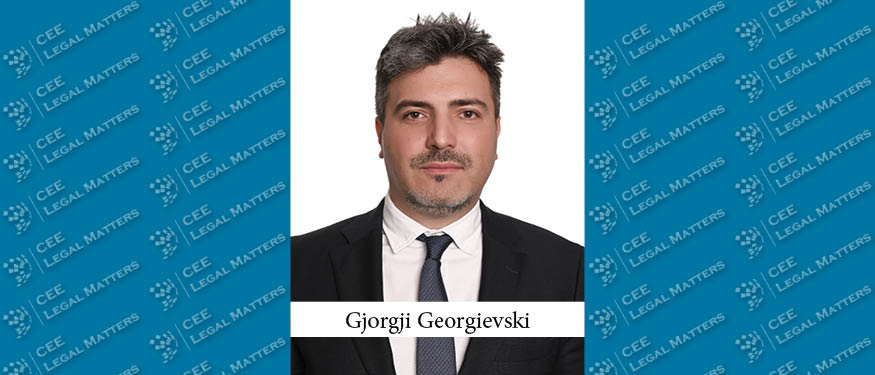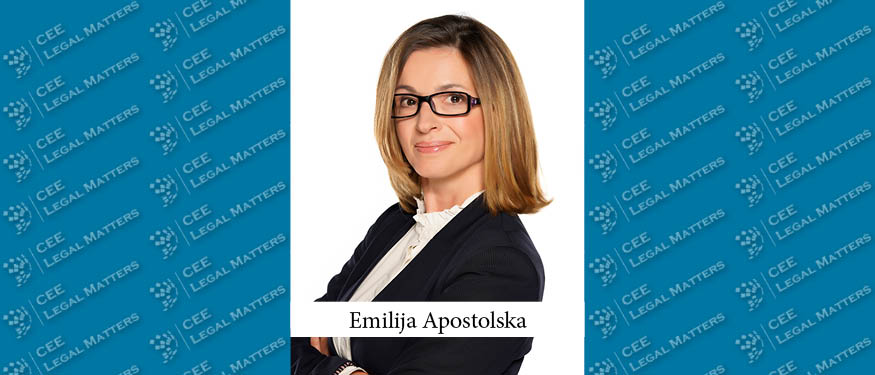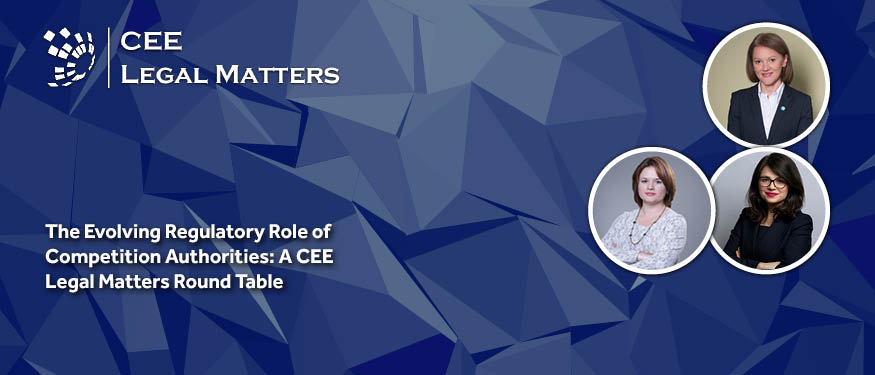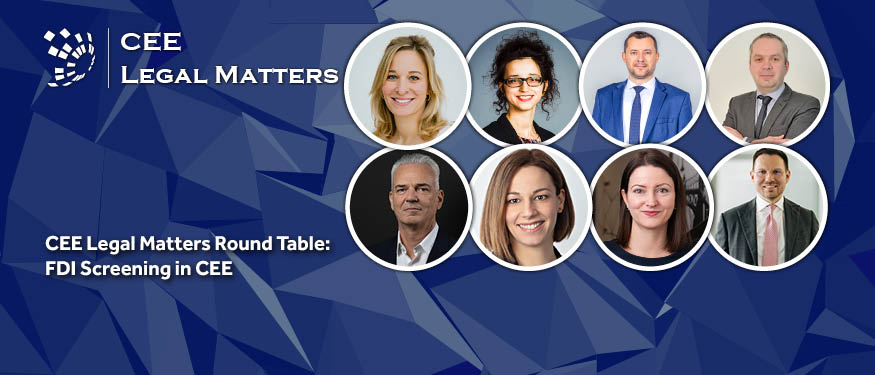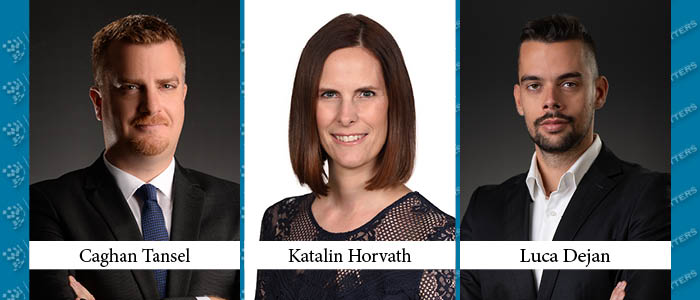In The Spotlight
In The Debrief, our Practice Leaders across CEE share updates on recent and upcoming legislation, consider the impact of recent court decisions, showcase landmark projects, and keep our readers apprised of the latest developments impacting their respective practice areas.
Moldova’s legal landscape is undergoing a period of gradual yet meaningful transformation, according to Balaban & Partners Managing Partner Natalia Balaban who reports an increased reliance on alternative dispute resolution, strides in digitalization, and a wave of legislative reforms tied to the country’s EU accession ambitions.
With a new president taking office in May and a shifting fiscal landscape, Romania is navigating a period of political and legal recalibration, according to Bancila, Diaconu si Asociatii Partner Adriana Dobre.
Poland’s legal market is in flux, shaped by international activities and sweeping regulatory reforms, according to Fieldfisher Partner Piotr Szelenbaum, with local and global developments fueling momentum across different sectors, from AI and cybersecurity to crypto and capital markets.
Croatia’s transactional and legal landscape is heating up, with a strong pre-summer push across multiple sectors and a growing alignment with international standards, according to Gospic Plazina Stojs Partner Matea Gospic Plazina, who reports that this environment is driving fresh momentum in capital markets, M&A, and the increasingly layered world of family wealth management.
Georgia’s legal and business landscape remains heavily influenced by political turbulence, according to BLC Law Office Managing Partner Ketti Kvartskhava, who reports ongoing instability, controversial legislation, and heightened uncertainty surrounding the country’s EU integration prospects.
Slovenia’s dynamic political environment is keeping the legal market on its toes, with pressing developments in taxation, employment law, cybersecurity, capital markets, and infrastructure all demanding close attention, according to Peterka Partners Senior Associate and Head of Slovenian office Pia Florjancic Pozeg Vancas.
Turunc Managing Partner Kerem Turunc discusses the upcoming 2025 CEE Legal Matters Turkiye General Counsel Summit due to take place in Istanbul on November 4, 2025.
In our Looking In series, we talk to Partners from outside CEE who are keeping an eye on the region (and often pop up in our deal ticker) to learn how they perceive CEE markets and their evolution. For this issue, we sat down with Perkins Coie London-based Partner Jan Andrusko.
Driven largely by fresh blood in its leadership, North Macedonia’s Commission for the Protection of Competition (CPC) has been noticeably more active in the past month, according to ODI Law Partner Gjorgji Georgievski. The stage has been set for rigorous enforcement and heightened consumer protection, redefining how market players navigate compliance in the country.
An in-depth look at Emilija Apostolska of Apostolska Aleksandrovski & Partners covering her career path, education, and top projects as a lawyer as well as a few insights about him as a manager at work and as a person outside the office.
JPM & Partners’ energy practice has been busy with projects ranging from drafting Network Codes for transmission system operators, expanding Serbia's gas storage, advising on certification for and obtaining different energy licenses, and the developments of several renewable energy projects, their regulatory compliance, and risk mitigation, according to Senior Partner Jelena Gazivoda, with the current breadth and complexity of energy-related mandates stemming from a pronounced investment cycle in the energy sector of Serbia.
The intersection of law and emerging technologies has kept the TMT team at MGG Law Office exceptionally busy, with a sharp focus on AI, machine learning, and their commercial applications. Partner Dino Gliha says the practice has been driven by both the rapid pace of innovation and a fluid regulatory landscape that’s forcing businesses to proactively rethink compliance, governance, and strategic planning.
On January 16, 2025, competition experts from Moldova, North Macedonia, and Romania, sat down for a virtual round table moderated by CEE Legal Matters Managing Editor Radu Cotarcea to discuss the evolving role of the regulatory authorities in their countries.
On November 14, 2024, banking and finance experts from Albania, Austria, Bosnia and Herzegovina, Bulgaria, North Macedonia, and Poland sat down for a virtual round table moderated by CEE Legal Matters Managing Editor Radu Cotarcea to discuss digitalization and the impact of tech on the banking sector in CEE.
On November 7, 2024, M&A experts from Austria, Bosnia & Herzegovina, Croatia, Greece, Hungary, Moldova, Romania, and Ukraine participated in a virtual round table moderated by CEE Legal Matters Managing Editor Radu Cotarcea to discuss the FDI screening regimes in their country and key developments in the area on the horizon.
On February 29, 2024, energy experts from Bulgaria, Croatia, Moldova, Turkiye, and Ukraine sat down for a virtual round table moderated by CEE Legal Matters Managing Editor Radu Cotarcea to discuss the key developments in the field of oil & gas over the past few years.
On March 26, 2024, TMT/IP, fintech, and emerging technology experts from Hungary, Romania, and Turkiye sat down for a virtual round table moderated by CEE Legal Matters Managing Editor Radu Neag to discuss how Blockchain-related technologies, businesses, and legislation are shaping up in their jurisdictions.
On November 21, 2023, corporate/M&A and private equity experts from Bulgaria, Greece, Hungary, Kosovo, Moldova, Romania, Serbia, Slovakia, Turkiye, and Ukraine sat down for a virtual round table moderated by CEE Legal Matters Managing Editor Radu Cotarcea to discuss the key developments in the field over the past decade.
An increasing number of firms are eager to showcase their “innovative” use of technology. However, for the most part, this only adds to the noise rather than increasing the firms’ credibility.
Marketing isn’t an afterthought. It’s a strategic function. And yet, many law firms still sideline the very people they’ve brought in to help them grow.
Throughout this series, we’ve covered common mistakes law firms make in their digital presence. However, we now would like to acknowledge what’s working.
A great law firm website removes guesswork and gets fundamentals right. This checklist covers the essentials every firm needs to turn its website into a trust-building digital asset.
Your law firm’s website shouldn’t be a drawn-out, expensive headache. Focus on creating a professional, clean site that clearly shows what makes your firm stand out.
In the legal industry, trust and credibility are foundational elements. Smaller firms that don’t yet have the name recognition of established brands have to build that trust from the ground up. So how can they go about it?
In The Debrief, our Practice Leaders across CEE share updates on recent and upcoming legislation, consider the impact of recent court decisions, showcase landmark projects, and keep our readers apprised of the latest developments impacting their respective practice areas.
Turunc Managing Partner Kerem Turunc discusses the upcoming 2025 CEE Legal Matters Turkiye General Counsel Summit due to take place in Istanbul on November 4, 2025.
This is not the sentence commonly heard in law firms across the region at the moment. But that might not be the case for much longer.
In The Corner Office, we ask Managing Partners at law firms across Central and Eastern Europe about their backgrounds, strategies, and responsibilities. This time around, we dug deeper into a discussion point that came up during our last event: During our annual General Counsel Summit held in Prague recently, we’ve learned that even with the inflation in CEE having hovered around 14-20% in recent years, legal fees have remained static or have even decreased in some jurisdictions. Given that, how has your firm managed to consistently deliver high-quality service under these constraints?
An increasing number of law firms have been publicly warning about the misuse of their names in phishing and cyberattacks. PRK Partners Partner Michal Matejka, Musat & Asociatii Partner Stefan Diaconescu, Gugushev & Partners Partner and Head of Data Protection Yoanna Ivanova, and DLA Piper Hungary Partner and Head of Intellectual Property and Technology Zoltan Kozma discuss the growing trend.
In our Looking In series, we talk to Partners from outside CEE who are keeping an eye on the region (and often pop up in our deal ticker) to learn how they perceive CEE markets and their evolution. For this issue, we sat down with Perkins Coie London-based Partner Jan Andrusko.


